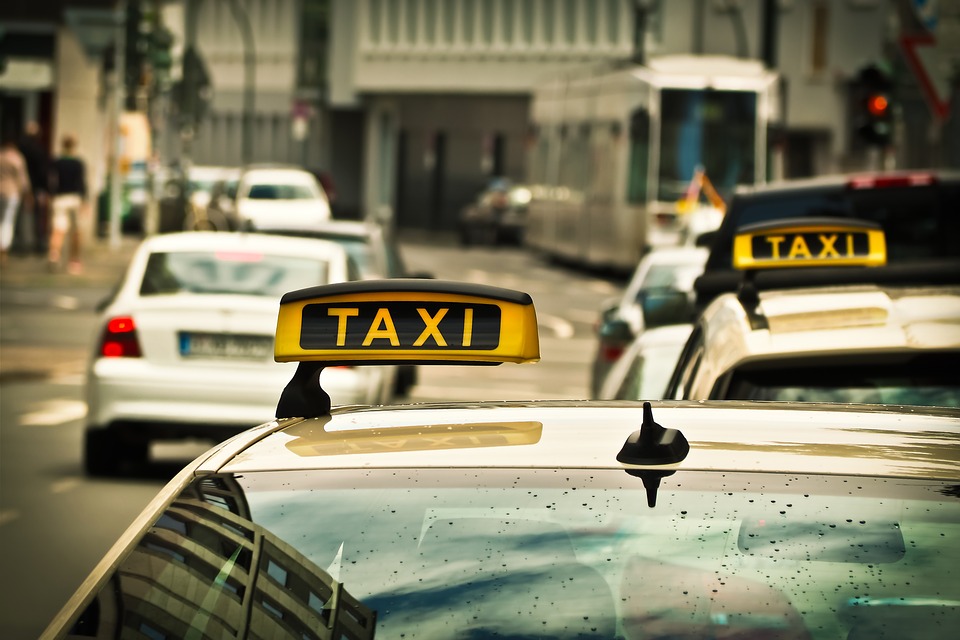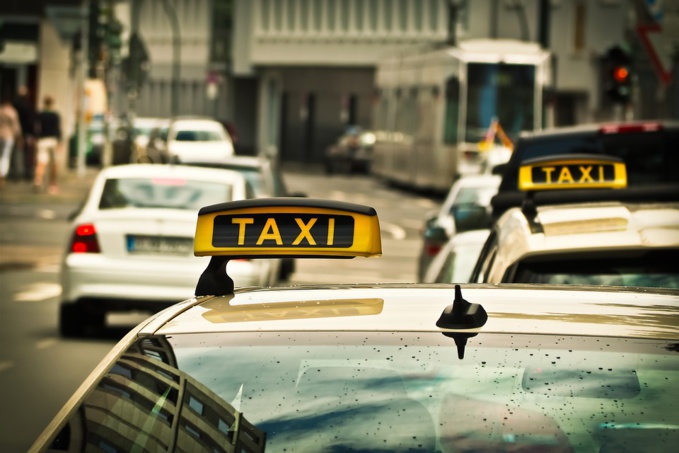This was Uber’s reaction to the Decision of the European Court in Luxembourg, adopted on December 20. The decision has actually equated this firm to taxi companies providing classical transport services.
Indeed, the judges in Luxembourg only put an end to a series of processes, which the Californians one by one lost in the courts of various countries of the European Union. But the beginning of the expansion of the Uber in the Old World was promising.
The company began to offer its services in Germany in 2013, and initially grew rapidly. With the help of its application UberPop, it allowed car enthusiasts to carry out private transportation.
Amateurs have become dangerous rivals for classic taxi drivers. Taxi companies appealed to the court, and in the spring of 2015, the Americans had to abandon the original commercial model. Through the application UberPop, it allowed a potential passenger to find a privateer who is ready to deliver his own car to his destination in a matter of minutes.
German judges found convincing the arguments of taxi drivers who referred to the strict requirements in Germany for applicants for a professional driver license with the right to transport passengers.
To get the right to drive a taxi, you need to be at least 21 years old, have a driving experience of at least two years and a perfect biography from a legal point of view. In addition, one must undergo a meticulous examination from the oculist and the therapist, get the certificate from the latter, including psychological endurance, to know the streets in the locality where the passengers are to be transported, and pass the exam. Getting a license of a professional driver in Germany takes up to six months.
Only professionals allowed
In some other countries, the EU and Uber fought using extra-judicial methods: taxi drivers organized protest actions, blocked streets, beat amateur drivers, and their cars were turned over or even burned. As a result, Uber had to change its commercial model in many EU countries in order to stay on the market.
Now, after the decision of the European Court, nowhere else in the EU will Uber be able to work as it does in the US. Most American cities have no strict rules for regulating the transport services market for passengers, as in Europe, and the majority of Uber drivers there are amateurs.
The mediation services will remain available in Europe, but passengers will be able to establish contact only with a professional driver from the company engaged in the transportation of passengers. Such a model already exists in a number of EU countries.
Taxi drivers triumphing
The European Court of Justice in Luxembourg concluded that Uber is not just an intermediary that allows to combine supply and demand, but also "has a decisive influence on the conditions under which drivers offer their services to passengers." That is, in fact, they are employees of this firm, albeit freelancers, delivering passengers at dumping prices.
European taxi drivers, of course, welcome the court’s decision. "Without exaggeration I will say that this is a milestone; the decision guarantees, at last, a legal framework," - the representative of the International Road Transport Union (IRU) did not hide the joy in an interview with DW.
But there are also those who are critical of the decision of the European Court. Thus, the Association of Computer and Communication Enterprises (CCIA), representing, among other things, the interests of Uber, calls the court decision in Luxembourg a step back from the goal of creating a digital domestic market in the EU. "The European Union wants digital services to be provided over national borders," the association says. "The court's decision is directed in the opposite direction."
Possible consequences for Airbnb and others
Independent experts point out to the possible consequences of this judgment for other services that are provided through Internet portals. What to do, for example, with online intermediary firms, when ordering a pizza or in search of a suitable plumber or cleaner? Can they now be considered workers of such firms?
Or, for example, the popular Airbnb application is an intermediary for tourists who prefer to rent private accommodation on a trip, rather than a hotel room. Airbnb is the same competitor for hotels, which is Uber for taxi drivers. Does this mean that renting out a room to tourists for a day or two in your apartments will have to preliminarily finish the courses of hotel managers and comply with all the rules that ordinary hotels should follow?
source: dw.de
Indeed, the judges in Luxembourg only put an end to a series of processes, which the Californians one by one lost in the courts of various countries of the European Union. But the beginning of the expansion of the Uber in the Old World was promising.
The company began to offer its services in Germany in 2013, and initially grew rapidly. With the help of its application UberPop, it allowed car enthusiasts to carry out private transportation.
Amateurs have become dangerous rivals for classic taxi drivers. Taxi companies appealed to the court, and in the spring of 2015, the Americans had to abandon the original commercial model. Through the application UberPop, it allowed a potential passenger to find a privateer who is ready to deliver his own car to his destination in a matter of minutes.
German judges found convincing the arguments of taxi drivers who referred to the strict requirements in Germany for applicants for a professional driver license with the right to transport passengers.
To get the right to drive a taxi, you need to be at least 21 years old, have a driving experience of at least two years and a perfect biography from a legal point of view. In addition, one must undergo a meticulous examination from the oculist and the therapist, get the certificate from the latter, including psychological endurance, to know the streets in the locality where the passengers are to be transported, and pass the exam. Getting a license of a professional driver in Germany takes up to six months.
Only professionals allowed
In some other countries, the EU and Uber fought using extra-judicial methods: taxi drivers organized protest actions, blocked streets, beat amateur drivers, and their cars were turned over or even burned. As a result, Uber had to change its commercial model in many EU countries in order to stay on the market.
Now, after the decision of the European Court, nowhere else in the EU will Uber be able to work as it does in the US. Most American cities have no strict rules for regulating the transport services market for passengers, as in Europe, and the majority of Uber drivers there are amateurs.
The mediation services will remain available in Europe, but passengers will be able to establish contact only with a professional driver from the company engaged in the transportation of passengers. Such a model already exists in a number of EU countries.
Taxi drivers triumphing
The European Court of Justice in Luxembourg concluded that Uber is not just an intermediary that allows to combine supply and demand, but also "has a decisive influence on the conditions under which drivers offer their services to passengers." That is, in fact, they are employees of this firm, albeit freelancers, delivering passengers at dumping prices.
European taxi drivers, of course, welcome the court’s decision. "Without exaggeration I will say that this is a milestone; the decision guarantees, at last, a legal framework," - the representative of the International Road Transport Union (IRU) did not hide the joy in an interview with DW.
But there are also those who are critical of the decision of the European Court. Thus, the Association of Computer and Communication Enterprises (CCIA), representing, among other things, the interests of Uber, calls the court decision in Luxembourg a step back from the goal of creating a digital domestic market in the EU. "The European Union wants digital services to be provided over national borders," the association says. "The court's decision is directed in the opposite direction."
Possible consequences for Airbnb and others
Independent experts point out to the possible consequences of this judgment for other services that are provided through Internet portals. What to do, for example, with online intermediary firms, when ordering a pizza or in search of a suitable plumber or cleaner? Can they now be considered workers of such firms?
Or, for example, the popular Airbnb application is an intermediary for tourists who prefer to rent private accommodation on a trip, rather than a hotel room. Airbnb is the same competitor for hotels, which is Uber for taxi drivers. Does this mean that renting out a room to tourists for a day or two in your apartments will have to preliminarily finish the courses of hotel managers and comply with all the rules that ordinary hotels should follow?
source: dw.de



















